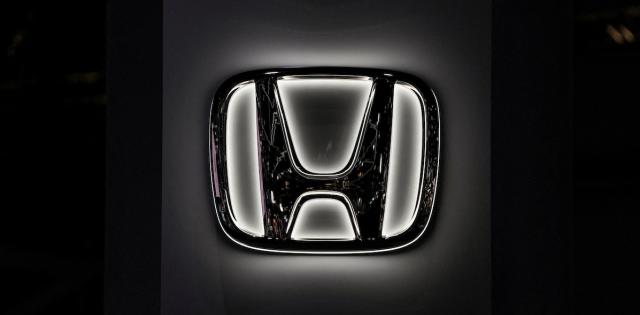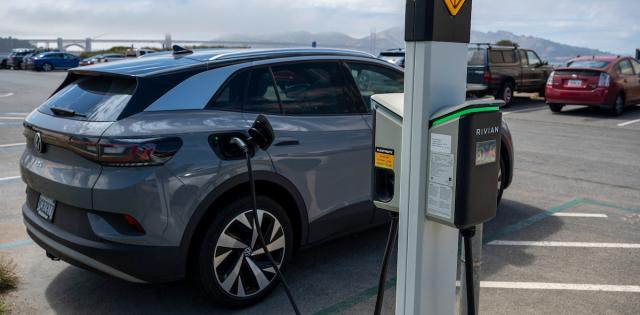The article below is sourced from Bloomberg Wire Service. The views and opinions expressed in this story are those of the Bloomberg Wire Service and do not necessarily reflect the official policy or position of NADA.
Toyota Motor Corp.’s quarterly profit exceeded estimates as improvements in supply of semiconductors and a weak yen helped it capitalize on a global rebound in demand for vehicles. The stock closed at a record high.
Operating profit for the three months through June was a record ¥1.1 trillion ($7.7 billion), the world’s No. 1 carmaker said in a statement Tuesday. That compared with ¥880 billion projected by analysts. Toyota kept its outlook for operating income for the fiscal year at ¥3 trillion.
Demand for automobiles is robust following the pandemic downturn, prompting carmakers to boost production and raise prices. Toyota made and sold a record number of vehicles in June. It is also on track to increase production between August and October, according to recent reports.
“When considering exchange rates, production and the market environment, Toyota keeping its outlook was a bit of a surprise,” Bloomberg Intelligence analyst Tatsuo Yoshida said.
Net sales for the fiscal first quarter rose 24% to ¥10.6 trillion, topping the prediction for ¥9.8 trillion. For the full year, Toyota kept the revenue outlook at ¥38 trillion.
The company’s shares rose 2.5% in Tokyo, building on Monday’s 3.3% gain to reach ¥2,445.5 — a record based on data compiled by Bloomberg going back to 1974. The share price reflects a five-for-one stock split in October 2021.
Toyota said it was able to command higher prices for vehicles, helping to “reduce the impact of the sharp rise in materials prices.”
Japanese carmakers’ sales in 2023 could rise 19% domestically and 18% in the US, but fall 4% in China, according to Yoshida.
“Toyota’s declining business in China is a point of concern,” Yoshida said. “The impact is industrywide but concerning for a company like Toyota.”
Toyota on Monday announced plans to strengthen its competitiveness in China by, among other things, accelerating the development of an electric powertrain with its two biggest suppliers, Denso Corp. and Aisin Corp.
As pressure builds on manufacturers to phase out fossil fuels and embrace the shift to electric vehicles, Toyota has promised to expand EV production while continuing to offer a broad selection of hybrid and gasoline cars.
Soon after former Lexus head Koji Sato became chief executive officer, the company pledged to sell 1.5 million battery EVs annually by 2026. Further out, it has promised to sell 3.5 million by 2030, halve its carbon dioxide emissions by 2035 and become carbon neutral by 2050.
In May, Sato said Toyota would produce 200,000 BEVs this fiscal year. He also said it would invest ¥3.1 trillion on sustainable growth, including efforts to decarbonize and electrify.
Toyota sold 29,000 battery EVs during the last quarter, mostly in Asia and Europe, a fivefold jump from a year earlier. Toyota will increase BEV sales heading into the second half, according to a spokesperson.
For more stories like this, bookmark www.NADAheadlines.org as a favorite in the browser of your choice and subscribe to our newsletter here:












